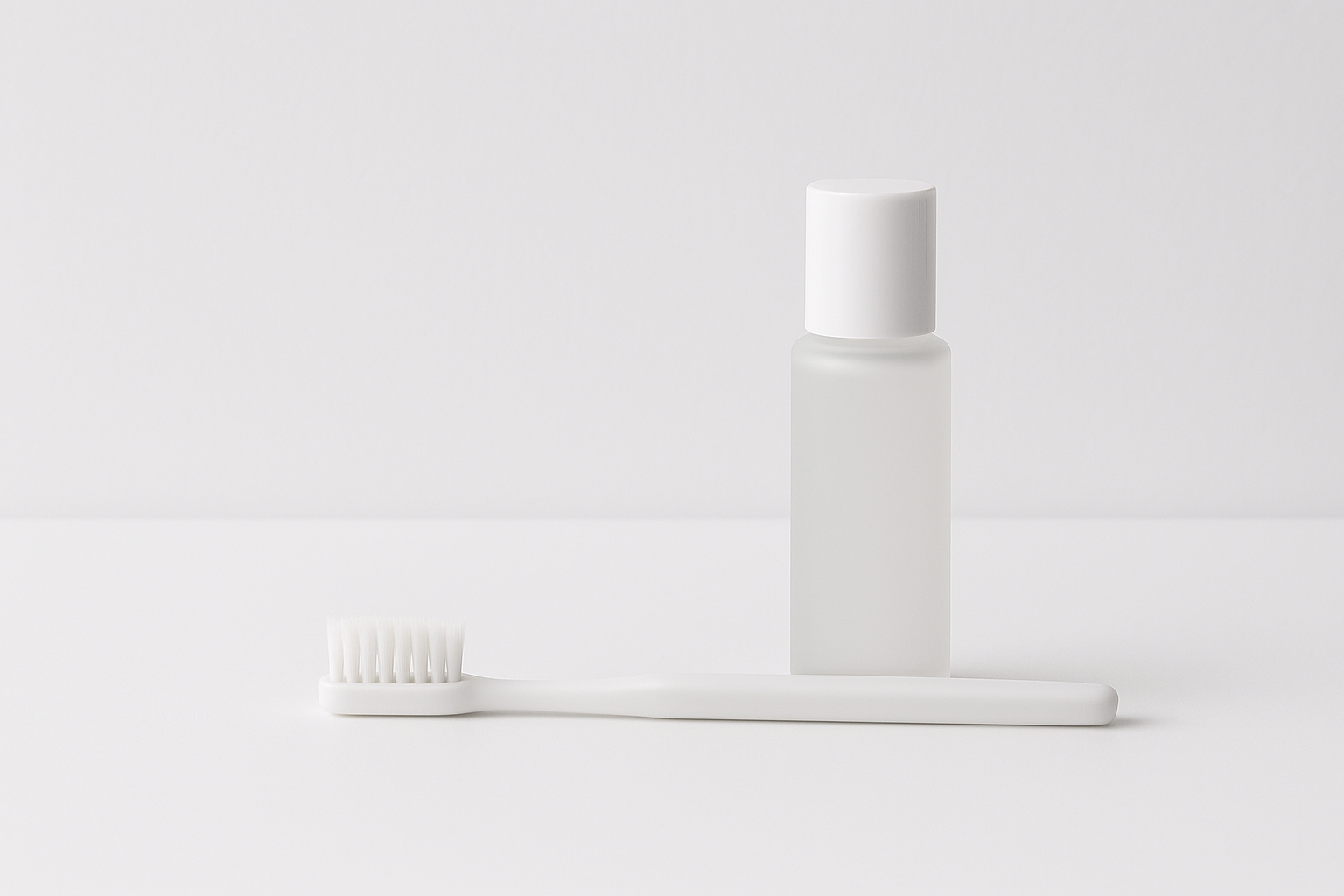Those ready to invest should take time to learn about materials, layout styles, durability, and how each installation type fits a specific space. Each decision shapes how long the floor lasts and how well it fits both design and lifestyle. With clear guidance, choosing parquet becomes a confident and rewarding choice.
1. Material type: Choose between solid hardwood, engineered wood, or laminate
When planning
parquet floors for a living room, buyers can choose from solid hardwood, engineered wood, or laminate flooring. Each material has its own mix of cost, appearance, and durability. The right choice depends on the space, foot traffic, and maintenance preferences.
Solid hardwood parquet uses natural wood throughout the entire plank. It can last for decades and allows sanding several times. However, it can swell with moisture, so it suits rooms with consistent humidity.
Engineered wood parquet has a real wood surface attached to a layered base. It looks authentic and handles temperature changes better than solid wood. This type often works well with underfloor heating and offers a balance between stability and style.
Laminate parquet costs less and resists scratches. It uses a printed surface that mimics wood grain. Though it lacks the warmth of real wood, it performs well in busy households or areas prone to wear.
2. Pattern selection: Consider styles like herringbone, chevron, or Versailles panels
Parquet flooring patterns shape the look and feel of a room. Each layout adds a different effect, influencing how spacious or formal a space appears. A well-chosen pattern can tie together furniture, lighting, and wall colours to create a balanced style.
The herringbone pattern remains a classic choice. It places short wooden blocks in a staggered, zigzag layout that creates neat movement across the floor. This pattern works well in both modern interiors and older homes thanks to its simple geometric look.
Chevron patterns feature boards cut at angles so each row forms a clean V shape. The result feels slightly more uniform and decorative than herringbone. It suits rooms that need a sense of flow or length.
Versailles panels, first used in French palaces, create a more traditional design. Each tile forms a square panel of interlaced wood pieces. This style suits formal living areas or homes that favour a heritage look.
3. Long-term durability: Assess the floor's resistance to wear and moisture
Parquet flooring must stand up to daily traffic, furniture movement, and changes in humidity. Its durability depends on the type of wood, surface treatment, and how well the boards are sealed. Hardwoods usually last longer because they resist dents and scratches better than softer woods.
Moisture is another major factor. Parquet that absorbs water too easily may swell or warp, especially in kitchens or entryways. Proper sealing and a tight installation help protect the joints and surface from water damage.
Finishes also matter. A high-quality lacquer or oil-based coating adds a protective layer that slows down wear. Some modern finishes also make the floor easier to clean.
Regular care, such as dry sweeping and quick spill cleanup, helps extend its life. Therefore, evaluating moisture resistance and wear before purchase gives a clearer idea of how long the floor can stay in good condition.
4. Installation method: Decide on glue-down, nail-down, or floating floors
The right installation method affects how a parquet floor feels and lasts. Each option suits different spaces and types of subfloors, so it helps to match the method to the specific project.
Glue-down floors attach each plank directly to the subfloor with adhesive. This approach gives a firm and stable feel underfoot. It works well for engineered or parquet wood on both wood and concrete bases, especially in rooms that may face more moisture.
The nail-down method secures boards with nails or staples into a wooden subfloor. It creates a strong bond and supports long-term use, but it requires professional tools and a stable base.
Floating floors use planks that click or lock together without glue or nails. They rest on an underlay, which can reduce noise and improve comfort. This method installs faster and is often easier to replace if damage occurs later.
5. Budget: Factor in both materials and installation costs
Buyers should calculate both material and labour costs before deciding on parquet flooring. Prices often vary by wood type, pattern style, and quality. For example, real hardwood usually costs more than engineered versions, but it can last longer with proper care.
Labour can make up a large part of the total expense. Professional installation in 2025 may range from about £25 to £80 per square metre, depending on factors like room size and complexity. Detailed patterns such as herringbone or chevron usually cost more due to their precision work.
It also helps to budget for extras like underlay, adhesives, and finishing products. Old flooring removal or subfloor preparation may add to the total price as well. By estimating all these expenses at the start, homeowners can avoid unwelcome surprises and plan their project with confidence.
6. Room suitability: Guarantee parquet complements existing décor and space usage
Each room has a unique purpose and atmosphere, so parquet flooring should match both function and design. A herringbone pattern may suit a large living area with natural light, while a smaller room might look better with a simpler layout that keeps the space open.
Furniture style and colour also matter. Dark parquet can add depth but may appear heavy beside rich tones or bulky furniture. Lighter wood tones often add warmth and work well in smaller or dimly lit rooms.
It also helps to consider how people move through the space. In high-traffic areas, parquet made from durable hardwood resists wear more effectively. By contrast, a bedroom or office can use softer wood with a more refined finish.
Natural light, wall colour, and décor accents all influence how the floor appears once installed. Thoughtful coordination between these elements creates a balanced and cohesive interior that feels comfortable yet practical.
Conclusion
Parquet flooring offers beauty, durability, and long-term value for many homes. However, buyers should weigh appearance, cost, and maintenance needs before deciding. Each factor helps determine if this type of flooring fits their lifestyle and home environment.
Moisture, sunlight, and improper installation may shorten the lifespan of parquet floors. Therefore, careful planning and professional fitting can protect both the look and function of the material.
Selecting the right wood type and pattern also makes a noticeable difference. It allows homeowners to match their decor while keeping the space practical and easy to clean.
By understanding price ranges, care demands, and placement conditions, buyers can make smart choices that keep their floors attractive and long-lasting.
*this post contains PR samples and/or Affiliate Links unless indicated otherwise - you can learn more on my Disclaimer page.













